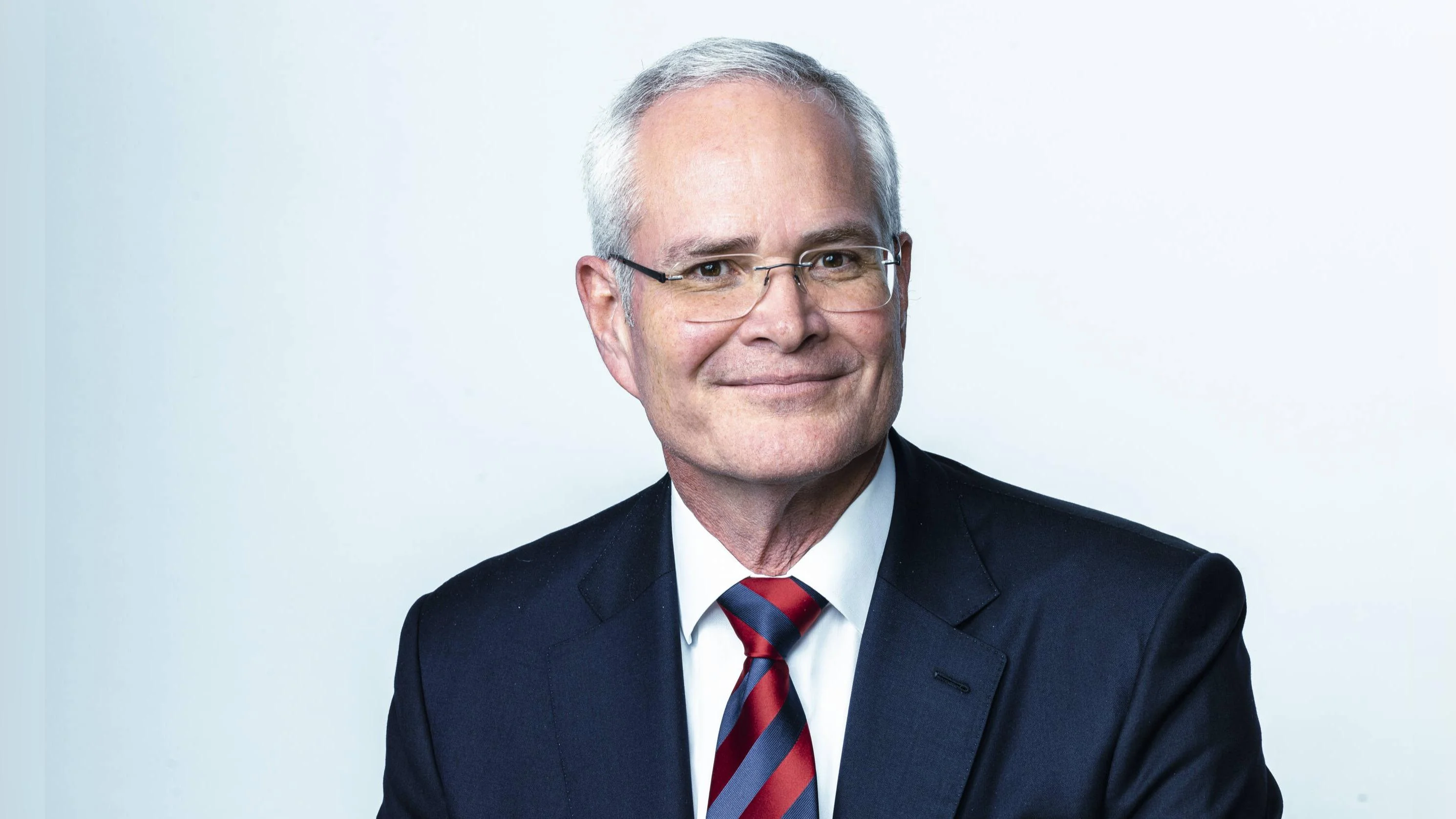Exxon Mobil Corporation has entered into an agreement with Calpine Corporation to transport and permanently store up to 2 million metric tons per year of carbon dioxide from Calpine’s Baytown Energy Center near Houston. The project is part of Calpine’s Baytown Carbon Capture and Storage (CCS) Project, which aims to capture the facility’s CO2 emissions and provide a steady supply of low-carbon electricity to Texas customers, as well as steam for local industrial facilities.
This agreement makes Calpine the sixth customer for ExxonMobil's CCS services, increasing the company’s total contracted CO2 volume to approximately 16 million metric tons per year. The captured CO2 will be moved through ExxonMobil’s extensive pipeline network along the U.S. Gulf Coast, supporting both enhanced oil recovery and permanent storage.
"We’re thrilled to work with Calpine on this project that supports American energy security, enhances industrial competitiveness and leverages America’s abundant low-cost natural gas resources," said Barry Engle, President of ExxonMobil Low Carbon Solutions. “This agreement underscores the growing confidence our customers across diverse sectors—including steel, fertilizer, industrial gases, natural gas processing, and now power generation—have in our unique end-to-end CCS system.”
The Baytown CCS Project is expected to generate about 500 megawatts of low-carbon electricity—enough to power more than 500,000 homes—and supply steam for industrial use. Engineering and permitting work are ongoing. The development is also projected to create new construction and permanent jobs.
“Calpine is excited to partner with ExxonMobil to achieve this important project milestone,” said Caleb Stephenson, Calpine Executive Vice President. “As the largest U.S. generator of electricity from natural gas, we understand that the nation’s gas fleet will remain the backbone of the grid for decades to come. We believe CCS is an actionable and cost-effective way to meet customers' demand for reliable power and alleviate concerns about the indisputable long-term need for gas-fired facilities. Low-cost natural gas along with carbon capture technology and widespread geologic storage resources can bolster U.S. energy, natural gas use, jobs, and export strength.
We’re grateful to the Trump administration for championing expanded energy and electricity production to power America’s economy and to the Department of Energy for its longstanding role in power sector and CCS technology advancement. This support has allowed us to expand our investments in power infrastructure including our recently acquired Quail Run Energy Center in the Permian as well as additional generation and storage projects across the country. We believe we are on the brink of commercializing CCS technology,” said Stephenson.
Progress on this initiative depends on continued supportive government policy frameworks, securing customer agreements for power sales, and obtaining necessary regulatory permits.
ExxonMobil operates one of the largest CO2 pipeline networks in the United States. In recent years it has set emission-reduction targets aiming at significant reductions by 2030 compared with 2016 levels across various operational metrics such as greenhouse gas intensity [https://corporate.exxonmobil.com]. With technological advancements combined with consistent policy support from governments, ExxonMobil aims for net-zero Scope 1 and 2 emissions from its operated assets by 2050.
Calpine operates a large portfolio with over 27 gigawatts capacity across North America [https://www.calpine.com]. Its business model includes wholesale operations alongside retail offerings serving markets throughout multiple states.

